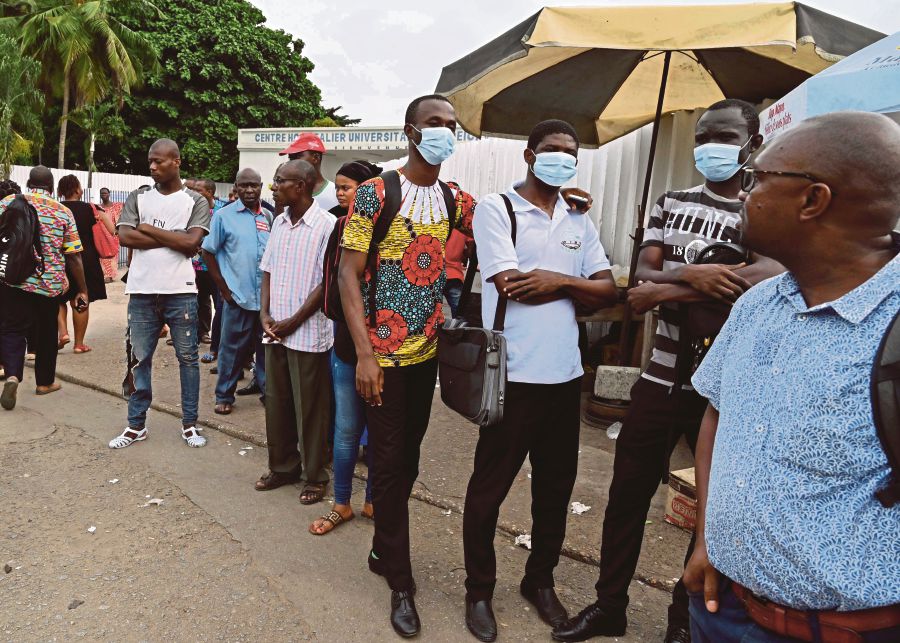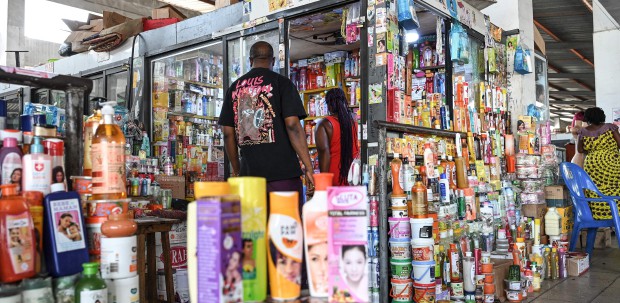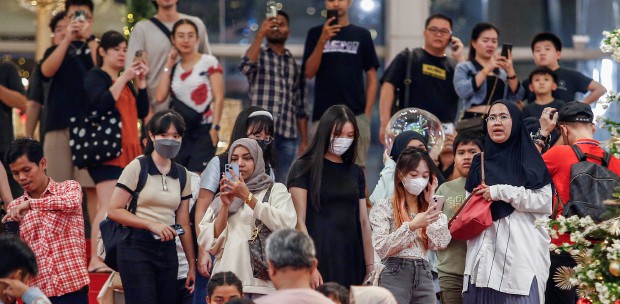JUST looking at the figures alone was enough to galvanise a rational person into panic mode.
Of the 28,646 people infected with the virus, there were 11,323 fatalities — a 40 per cent mortality rate for countries in West Africa that recorded the spread of the virus.
For Guinea, the tally began in late December. By early March, it had spiralled out of control and beyond the border into neighbouring Liberia and Sierra Leone.
That was in 2013, and the calamity then was the Ebola virus outbreak. The spread was ultimately contained only 18 months later, racking up a bill that was estimated at US$53 billion.
The virus’ 17,000 survivors suffered post-Ebola syndrome and required medical care even years after the outbreak had been contained. At the United Nations, the West African Ebola virus outbreak was severe and complex enough for the UN Security Council to convene an emergency session — the first of its kind for any kind of disease.
This year’s Covid-19, now declared a pandemic by the World Health Organisation (WHO), has several implications for this corner of Africa.
The first is that with the Ebola outbreak so recently behind them, the countries seem to be better equipped to contain the spread of Covid-19. Like Covid-19, Ebola can also be transmitted via bodily fluids or contact with objects contaminated by the bodily fluids of an Ebola patient.
Between 2013 and 2016, when Ebola was rampant in Guinea, Sierra Leone, Liberia and, to a lesser extent, Nigeria, Mali and Senegal, WHO established several measures that eventually brought an end to the spread of the virus. Chief among these were better health worker protection, better testing capabilities and dedicated treatment centres.
These can be marshalled again should the Covid-19 spread prove to be as widespread in Africa as in Europe. Incidentally, in this second wave of Covid-19, it is ironic that it is Western countries that seem to be badly positioned to deal with the spread.
The second is that, for many countries in West Africa where daily essentials are imported, a slowing down of trade or the closing of borders will significantly impact the countries’ economy as well as the everyday lives of both citizens and expatriates alike.
It is perhaps a good thing that many West African countries (with the exception of Cabo Verde) are not heavily dependent on the tourism industry.
However, if a global shortage of food occurs, these countries that are not self-sufficient will find that the possibility of importing food then becomes out of reach. Already, items such as hand sanitisers, masks, gloves and even toilet paper are rerouted to more affluent countries, where panic buying and stockpiling are driving up the prices of the items.
Finally, like it has happened across the globe, public engagements and social gatherings have ground to a halt here in Africa.
This past week, the world watched in astounded amazement when news reports came in that the president of Portugal has put himself in self-imposed quarantine.
While it has not reached such drastic proportions yet in Africa and particularly in West Africa, all Senegal ministers are discouraged from travelling abroad or from holding public gatherings.
For a country where the president has religiously travelled abroad for official meetings, trade promotions and multilateral engagements, these past two months have seen suspiciously very little movements from the palace. Senegal continues to register only four cases where the testing has yielded positive results, with no deaths.
Senegalese travel a lot, for business and for pleasure, but when I travelled back to Kuala Lumpur from Dakar last month, there were very few families on the flight out of Senegal.
Having said that, it could probably be Asia that these travellers were avoiding at the time. The Emirates flight from Dubai to Kuala Lumpur, which is normally a double-decker A380, was downgraded to a Boeing 777, and there were only 89 of us on the whole plane coming into Kuala Lumpur International Airport.
This month, there was supposed to be a groundbreakingin Senegal for a project spearheaded by Malaysian company Probase.
Since it is the first time a Malaysian company is venturing into the construction and transport industry in this West African nation, we were looking forward to publicising the project in a big way.
While the project will go on as planned, the ceremony has been deferred indefinitely. All in all, this is perhaps a good thing since all this non-travelling, no-gathering rule will cut unneeded spending by the government.
The writer is a foreign service officer who writes on international affairs with a particular emphasis on Africa
The views expressed in this article are the author’s own and do not necessarily reflect those of the New Straits Times






